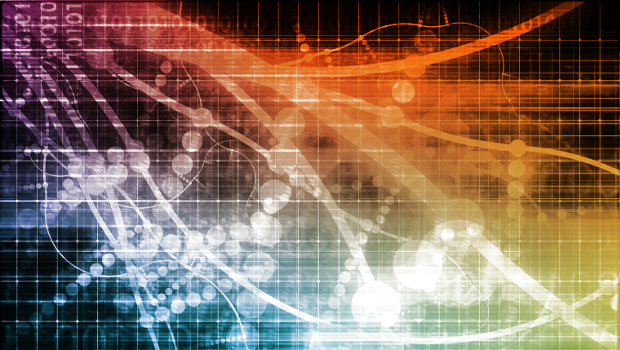A joint report by Goldsmiths University and ‘cognitive science’ service provider IPSoft paints a rosy picture for the role artificial intelligence will play in boosting productivity within the workforce.
According to the report, titled FuturaCorp: Artificial Intelligence & the Freedom to Be Human, developments in AI will drastically alter the way in which organisations operate, and bring in a raft of new roles that will reward more uniquely human capabilities like imagination and creativity.
Dr Chris Brauer of Goldsmiths was the lead on the research. Speaking with Computerworld UK, Brauer says that he went into the project expecting to unearth which jobs will be left at all from the coming boom in AI – but was surprised to find that the report suggested a more collaborative approach between humans and machines.
“One of the main findings is an alternative to the dystopian views that have been projected out about job losses, and automation entering the workplace to replace human beings,” Brauer says. “This study found that the collaboration between smart machines has the potential to be more productive – a hyperproductive environment – where you’re maximising for the human and for the machine.”
In short, Brauer believes that tasks suited to machines – monotonous and repetitive – should be outsourced to machines. But humans will, he thinks, be freed up to take roles where people are current irreplaceable, for example, in understanding design, empathy, creativity and strategy.
The roles are divided into three categories: cross-functional skills, probabilistic skills, and deterministic skills. Cross-functional skills include social intelligence, cultural knowledge, and adaptive thinking. Probabilistic skills are more suited to AI acting as a complementary technology to human beings, and could include new roles such as ‘AI interaction designers’ – for instance, feeding the human understanding of design language into a machine.
“We envision a world where organisations begin to adapt and assign resources to machines doing what machines do well, and humans doing what humans do well,” Brauer said. “The part that has been missing is we’ve been trying to get humans to do things that machines do well, and then we’re surprised that those roles are eventually going to be taken over by the machines. In many ways, they were so deterministic and robotic and appropriate for the machines in the first place.”
Brokerage
One such example is the ‘technology broker’.
“A technology broker was another one that came up,” says Dr Brauer. “Being able to broker between the needs of the sales team and the actual capabilities of the technologies. Bringing in advice, negotiating support in divisions across companies and so on, to allocate resources to trending things.”
“We’ll see organisations with their probability matrices and so on who will be able to see in real time areas of the business that are on the up, just as if you were watching an exchange,” he explains.
Embracing automation is central to the ethos of the DevOps movement – that all repetitive tasks should be automated leaving developers the time and energy to develop.
“It’s almost like in order to embrace our humanity we have to embrace the AI and that’s a paradox for a lot of people,” Brauer says. “They see the AI as dehumanising us, whereas this study suggests the opposite.”
Navigating the social changes that AI and automation will affect is fairly new territory. But Brauer says that the doom-ridden soothsaying from some corners ignores part of the equation. He points to the fact that while machines have been able to beat the best chess players for more than a decade, an average chess player working in tandem with a supercomputer will almost always be able to beat a supercomputer playing on its own.
The claims in the report echo the thoughts of some of the technology industry’s leading figures speaking at Davos earlier this month. Satya Nadella and Gini Rometty, for instance, both argued that while there will be social change, advances in AI will not do away with jobs per se – but people will need to adjust and equip themselves with the correct skills and mindset to get ahead.
Late last year Dr Wolfgong Krips, executive VP for operations at Amadeus IT Group, suggested something similar: that just like in an automotive plant, the workers “go away from the conveyer belt and they start programming the robots” to become “automation engineers”.
“If you want to go to these levels of stability and agility you have to change the whole way how you deliver the services,” he said. “That is the big transformation that is happening.”
IDG News Service





Subscribers 0
Fans 0
Followers 0
Followers